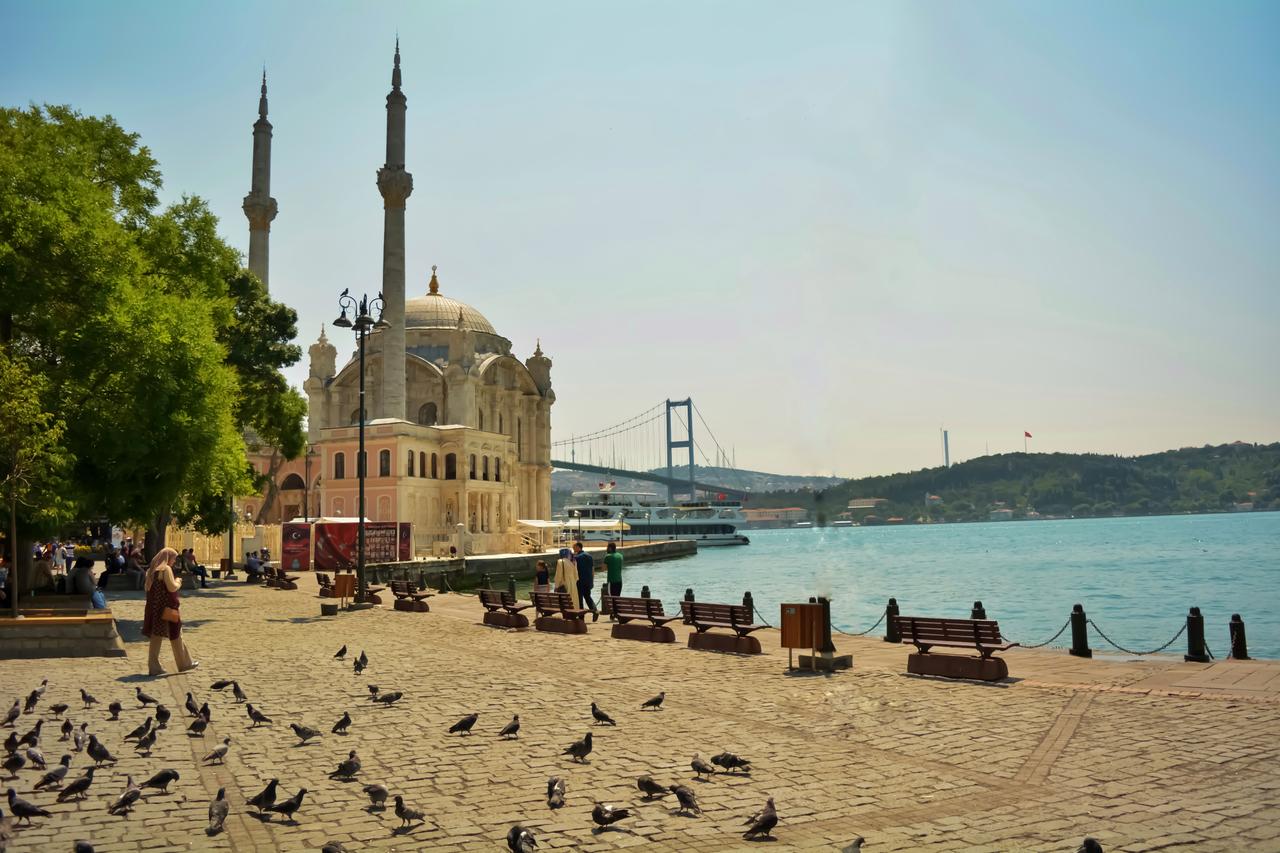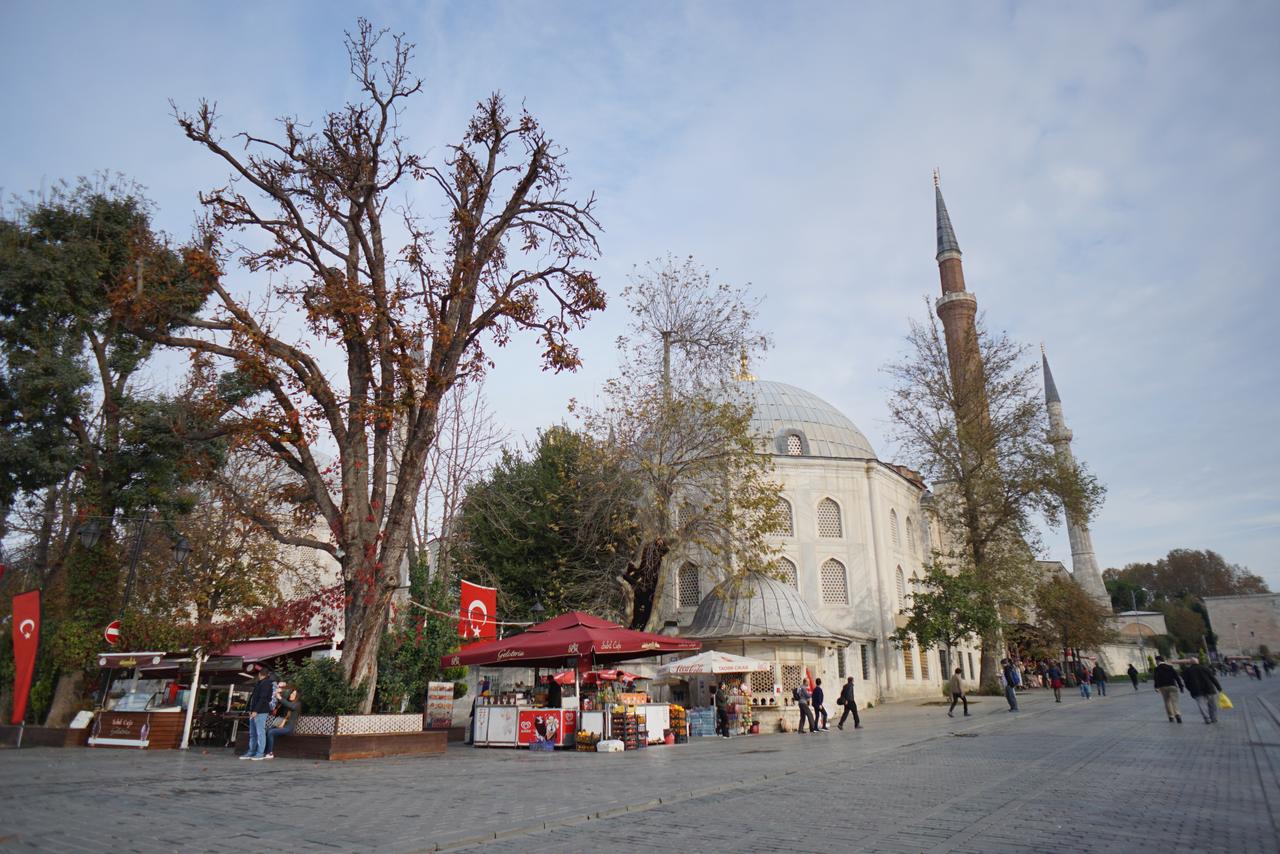
The number of Russian citizens permanently residing in Türkiye has fallen by 44.8% since 2023, according to data from the Russian Embassy in Ankara, amid high inflation, rising living costs, and ongoing visa renewal difficulties.
The figures show that the number of Russian expats in Türkiye dropped from 154,000 in 2023 to around 85,000 in 2025, pointing out that the wave of migration following the start of the Russia-Ukraine war in 2022 has reversed.
The high inflation rate—33.52% as of June 2025—and nationwide rent increases of over 100%, reaching an average of $589, were one of the key reasons for this shift, the diplomatic mission told Russian news outlet Izvestia.
Cost of living has also risen significantly, as the country's largest trade union, the Confederation of Turkish Trade Unions (Turk-Is), reported that the monthly food expenditure for a family of four—known as the “hunger threshold”—reached ₺26,413 ($648), while the monthly living cost for a single employee rose to ₺33,982 ($834).
"It is estimated that there is a steady decline in interest in living in the Turkish Republic on the part of Russian citizens, which is associated with the high level of inflation in the country and, as a result, a significant increase in real estate prices," they said.
Diplomats said that in some areas, regulations and homeowners’ preferences prevent foreigners from buying or renting housing, while taxes for visitors have been increased. Migration controls have also been tightened, further complicating long-term stays for foreign residents.

Russian nationals stated that difficulties in renewing residence permits—known as vid na zhitelstvo (VNZH)—have played a decisive role in their decision to leave. Applications have reportedly been denied even for people who have lived in Türkiye for five to ten years, including property owners.
Without renewal, residents lose their legal status and risk becoming undocumented, forcing many to depart.
In August 2024, Interior Minister Ali Yerlikaya announced that tourist residence permits would no longer be issued, adding to the restrictions faced by foreign residents.
Stricter regulations and bureaucracy have pushed some Russians to return home, while others have relocated to destinations such as Serbia, Portugal, Spain, and Georgia. Dissatisfaction with public services—including transportation, healthcare, sanitation, and public order—has also influenced decisions to leave.
Rosstat, Russia’s federal statistics agency, estimates that between 1.6 million and 2 million Russians left the country before the military operation began, with roughly half that number departing in the period that followed.
Research group Re: Russia reported that Kazakhstan and Serbia have each taken in around 150,000 Russians, followed by Armenia with 100,000, Türkiye with 90,000, Israel with over 70,000, EU countries with about 60,000, and the United States with 30,000.
However, Türkiye has also seen a decline in total residence permits since 2022, with the number falling from 1.35 million that year to 1.1 million.